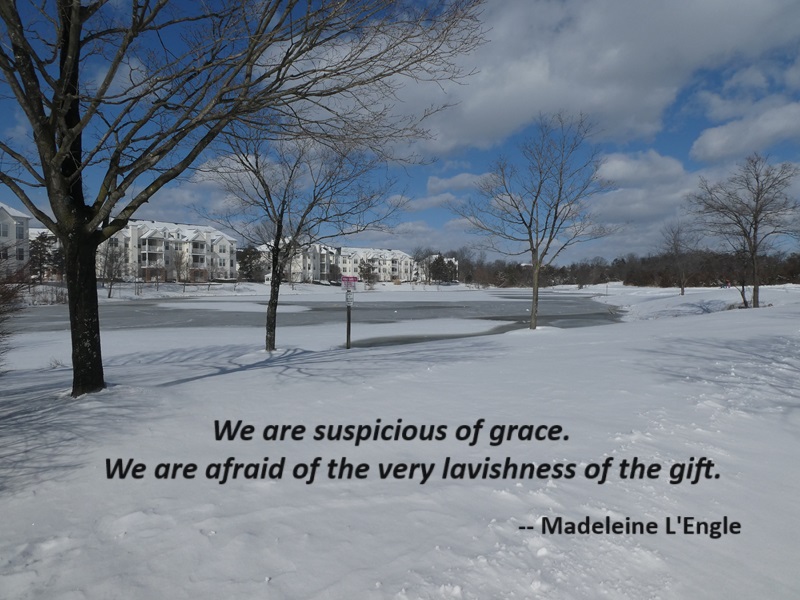Beloved
The gospel – the good news – is that you are already fully loved and accepted. That’s the message of grace at the heart of Christianity. You don’t have to do anything to be loved. Not anything at all. The work is always to receive it, to believe it. You don’t need to “be saved” to be loved. Salvation is just a way of describing the moment we come to know and believe that we are already loved, that we have always been loved. And our belovedness is not inspite of who we are but simply because we are worthy of love.
— Brian Recker, Hell Bent, p. 45
Photo: South Riding, Virginia, November 4, 2025









